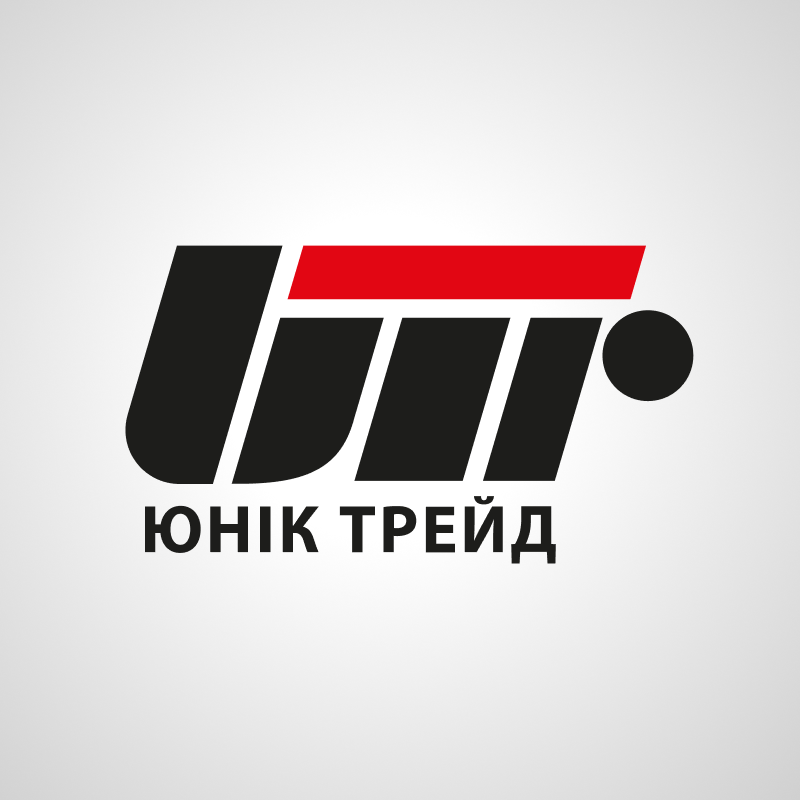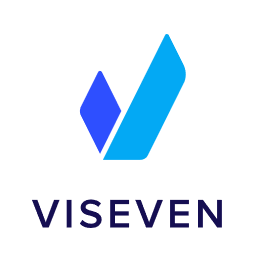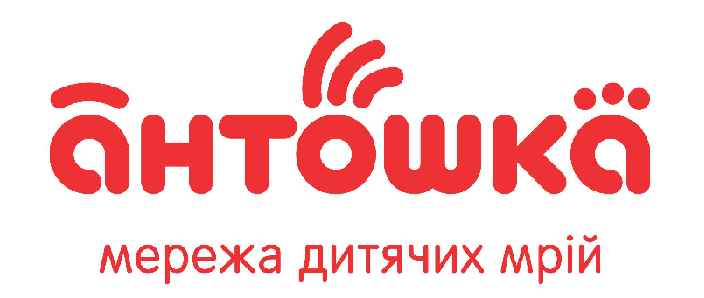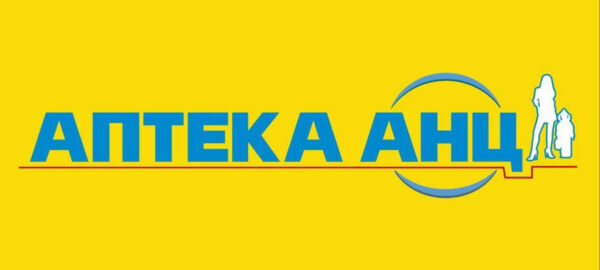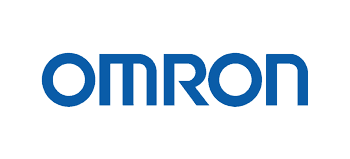
TOP-15: an overview of indispensable LMS features for effective learning
Imagine a tool that helps make learning in a company simple and effective.
You know it – a learning management system (LMS)! It helps develop employees from beginners to professionals, and it does so quickly and efficiently.
But what makes an LMS really useful?
What are the must-have features for a modern LMS?
– Do you need deep analytics to track progress?
– How important is the scalability of the system?
– Perhaps the key factor is gamification, which increases engagement?
In this article, we’ll look at 15 key features that make a modern LMS hard to imagine without. They transform the corporate learning process, making it more efficient, engaging, and result-oriented.
15 LMS features: must have
1. Personalization of learning
Each employee has a unique set of skills, knowledge, and development goals. They can only be effectively developed through personalized training that is tailored to the needs of the individual employee.
In LMS Collaborator, this can be done with the help of personal development plans. Such plans take into account the current level of competencies, knowledge, skills of the employee, career aspirations, etc.

An example of an individual development plan created in LMS Collaborator
2. Scalability
It is important that the LMS can scale with the company:
- work effectively with a large number of users;
- support integrations with new tools and platforms that the company may start using in the process of growth;
- add new modules and functions in line with changes in the company’s business processes, etc.
It allows you to avoid the need to completely replace the system as your business grows. It also ensures the effectiveness of corporate training in the long term, easily adapting to new requests and requirements.
3. Gamification
Adds game elements to the learning process, which increases employee engagement and motivation.
Gamification in LMS can include point systems, ratings, achievement badges, etc. For example, in LMS Collaborator, you can also open a “Gift Shop” where employees can exchange bonuses earned for training for prizes of interest to them.
«To summarize the opening of the Gift Shop, it was a sensation. Colleagues organized real training races to earn as many bonuses as possible and buy the gifts they wanted. On the third day, the Gift Shop was empty».
Kateryna Skrebkova – Head of the OKKO Distance Learning Sector
4. Deep analytics
Deep analytics in LMS is a key tool for evaluating and improving the effectiveness of corporate learning.
Analytics provides detailed information about employee progress, the effectiveness of training programs, and the overall impact of learning on business performance. With the help of detailed data analysis, you can personalize training plans, optimize resource allocation, and predict future staff development needs.

Example of reports in LMS Collaborator
5. Role management
This feature provides structured and secure management of the learning process in the LMS. It also allows you to create a clear access hierarchy, where each user sees only the information and has access to the tools that correspond to their role and level of responsibility.
6. Integration with HRM, webinars and other systems
This feature extends the LMS, making it more flexible and versatile.
Integration with HRM systems allows you to automatically synchronize data on employees, their positions, competencies, and career plans, which ensures more accurate personalization of training and simplifies administration. Connectivity with webinar platforms expands training formats, allowing you to easily organize online seminars and incorporate them into training programs.
7. Functions for communication
They help to develop corporate culture, support teamwork and the exchange of experience and knowledge among employees. They also create a holistic learning environment that goes beyond traditional formal training.
LMS Collaborator has many communication tools that provide flexible opportunities for information exchange and collaboration:
- Internal chat provides instant communication to quickly resolve issues and share opinions.
- Forums provide a platform for more in-depth discussions.
- A comment system for learning tasks and resources allows you to discuss specific topics directly in the context of the learning material, which contributes to more effective learning.
For example, Antoshka uses LMS Collaborator not only to train employees but also to support internal communication. The company actively uses the Forum. New discussion topics are created for each individual project. In addition, there is a Service Stories Forum where each employee can share a story that happened in the store.
8. Competency management system
The competency management system in the LMS allows you to create detailed skill profiles for each position and employee, track progress in the development of key competencies, and identify areas for improvement. This helps managers make informed decisions about employee career advancement, creating targeted training programs, etc.

LMS Collaborator competency library
9. Multilingual support
It is necessary for international companies that have branches in different countries. Ensures that the LMS interface and tools are accessible to all employees, regardless of their language or geographic location.
10. Feedback
Feedback allows you to organize a systematic collection of opinions, impressions, and suggestions from employees on various aspects of training. This information is useful for improving the training process and increasing its effectiveness.
Feedback can include various mechanisms for collecting information, such as post-course surveys, rating systems for evaluating materials, forms for open comments and suggestions, etc.

An example of a survey to collect feedback created in LMS Collaborator
11. Testing
Testing can be used to objectively assess the level of knowledge, skills, and learning of employees. In addition, testing can be used to check the effectiveness of training and identify areas that require additional attention.
«Our goal is to adapt the training to the needs of each employee in order to guide them more effectively to results. We use rapid testing as a tool to identify basic knowledge both at the training stage and at the stage of adaptation and work of the employee in the company».
Oksana Horodetska – Head of Learning and Development of the D.S. Pharmacy Chain
12. Learning paths
Learning paths allow you to create structured development paths for different positions or areas within the company. For employees, learning trajectories provide a clear understanding of their professional development path – they can easily track their progress, see the next steps, and understand what competencies and knowledge they are developing at each stage.
«Thanks to the functionality of LMS Collaborator, we were able to create training programs and combine them into an annual training trajectory for each category of employees. Such programs are important to us because they allow us to track the statistics and progress of each employee’s training».
Svitlana Levicheva is the head of the learning and development department at Territory of Minimum Prices.
13. Knowledge base
A knowledge base helps to create a centralized repository of materials, providing quick and easy access to important information for all employees of the company. One of the advantages of a knowledge base is the storage and transfer of corporate knowledge.
14. Assessment
A tool for comprehensive analysis of staff performance and development.
This function is important because it helps to identify training needs, identify talents that need further development, and promote individual and professional growth of employees.
«We have now completed the third 360 assessment for the top managers on the training portal. When we first started the assessment, of course, we laid down competencies and values for managers, but the goal turned out to be much more global. The assessment helps us understand what the top management lacks to implement projects and activities that affect the achievement of our strategic goals. And this is very important».
Kateryna Martirosova – HRD at Pizza Day, CEO & Co-founder of 2people.
15. Certificates
Certificates provide official confirmation of the acquisition of certain knowledge and skills. Certificates can be used to motivate, recognize employee achievements, and meet regulatory requirements for mandatory training.
Conclusion
From personalized learning to sophisticated analytical tools, each of the 15 features discussed here contributes to creating an effective learning environment.
Regardless of the size of your company or industry, these features will help you create a powerful corporate learning and development system. But it’s important to remember that the key to success is not only having certain features, but also using them correctly and creatively.
When choosing an LMS for your company, pay attention to whether it can meet your specific needs. This way, you will create an effective corporate training system that will not only improve the skills of your employees but also contribute to the achievement of the company’s strategic goals.
Don’t waste your time – explore the possibilities of LMS Collaborator today!





